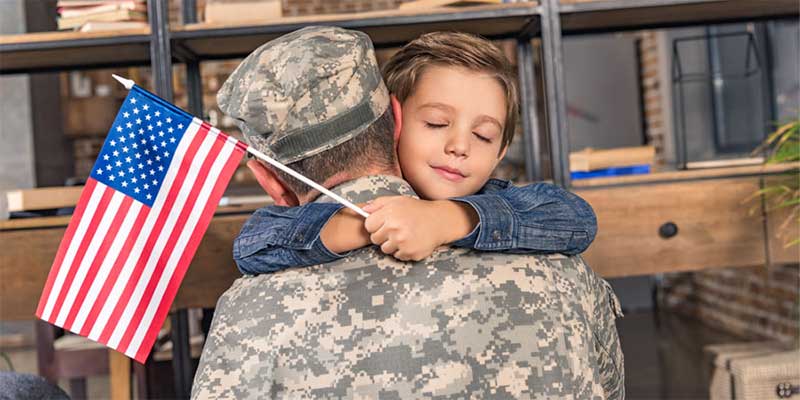Parenting Tips
Helping Kids Make Friends

For children who make friends easily, school can be a source of not only information, but of tremendous fun. For children who struggle to connect with others, there can be isolation and anxiety about fitting in. That’s okay. School is filled with opportunities to form healthy bonds that can help support your children’s social development. Here are some steps you can take to help your children develop a healthy social circle at school.
The first thing to do is to talk to your children about who they spend time with at school. Ask them about their friends in class. Who do they sit with or eat lunch with? You may already know all of your children’s friends. But you might be surprised to know that there’s a certain person they like to do projects with or that one of their classmates has been helping them with their algebra homework for a few months. These are small connections that can grow into broader friendships. You can encourage your child to be attentive to these relationships and to express gratitude for the time they spend with their peers.
If you have a child who seems not to be making healthy connections at school, you should also have a talk with their teachers or counselors. There are lots of social dynamics at play in a school environment. Teachers see patterns that may not be obvious to parents and other adults. Your child’s teachers may be able to alert you to situations where your child seems quiet or uncomfortable speaking up. They can also tell you if there are certain groups or situations where your child seems more at ease. You and the teacher can work together to foster a comfortable learning environment where your child is comfortable opening up and connecting with classmates.
For children who want to make more friends, you can also encourage them to get involved in activities at school. Most of the school day is spent working on lessons, so children aren’t necessarily socializing. After-school activities provide a time for kids to interact with each other informally, and to exercise more of their personalities. Students who don’t speak up in class might be more comfortable asserting themselves on a soccer field. Extracurricular activities provide students with additional opportunities to express themselves and connect with others.
No matter the age, one of the best parts of being in school is making friends. Of course we’re there to learn. But having people we enjoy being around makes every project a little easier. Knowing that your children have smart, supportive friends at school can help alleviate some of your anxiety and provide a sense of comfort about their health and happiness when they’re away. By taking some simple steps to encourage them, you can support your children’s healthy social development in ways that may pay off in years of friendship.


